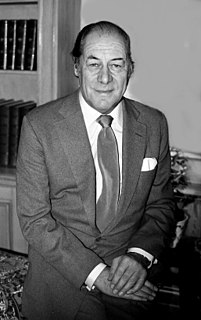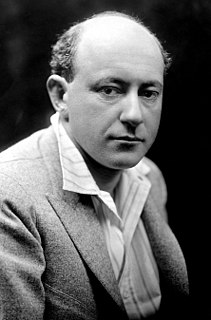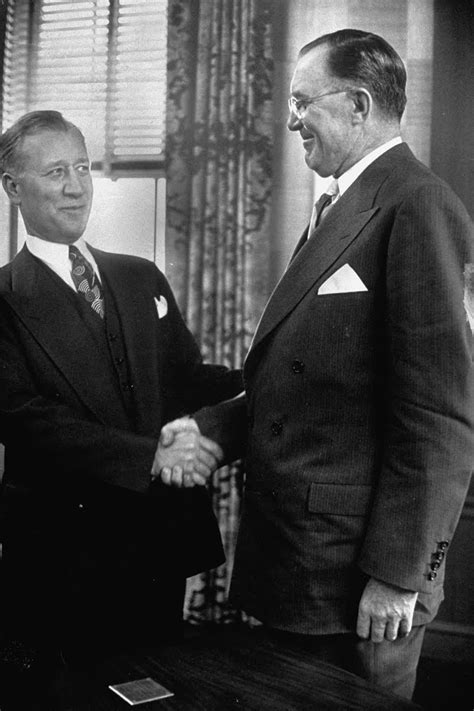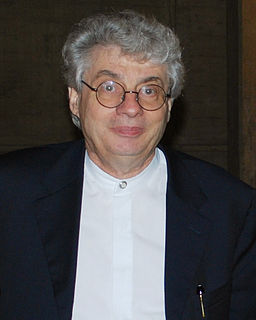A Quote by Johann Wolfgang von Goethe
To live as one likes is plebian the noble man aspires to order and law.
Related Quotes
And when a whirl-winde hath blowne the dust of the Churchyard into the Church, and man sweeps out the dust of the Church into the Church-yard, who will undertake to sift those dusts again, and to pronounce, This is the Patrician, this is the noble flower, and this the yeomanly, this the Plebian bran.
Higgins: I'm an ordinary man, who desires nothing more than just an ordinary chance, to live exactly as he likes, and do precisely what he wants. An average man am I, of no eccentric whim, Who likes to live his life, free of strife Doing whatever he thinks is best for him, Well, just an ordinary man
I believe in the supreme excellence of righteousness; I believe that the law of righteousness will triumph in the universe over all evil; I believe that in the attempt to fulfil the law of righteousness, however imperfect it must remain, are to be found the inspiration, the consolation, and the sanctification of human existence.
We live in order to finish an, as yet, unfinished universe, unfinished so far as the human, that is, the highest part of it, is concerned. We live in order to develop the superior qualities of man which are, as yet, for the most part latent.
Only a law-order which holds to the primacy of God's law can bring forth true freedom, freedom for justice, truth, and godly life. Freedom as an absolute is simply an assertion of man's "right" to be his own god; this means a radical denial of God's law-order. "Freedom" thus is another name for the claim by man to divinity and autonomy. It means that man becomes his own absolute.
Man has made 32 million laws since THE COMMANDMENTS were handed down to Moses on Mount Sinai more than three thousand years ago, but he has never improved on God's law. THE TEN COMMANDMENTS are the principles by which man may live with God and man may live with man. They are the expressions of the mind of God for His creatures. They are the charter and guide of human liberty, for there can be no liberty without the law.
We need from every man who aspires to leadership-for himself
and his company-a determination to undertake a personal
program of self-development. Nobody is going to order a man
to develop .... Whether a man lags behind or moves ahead in
his specialty is a matter of his own personal application. This is something which takes time, work, and sacrifice. Nobody can do
it for you.
When human affairs are so ordered that there is no recognition of God, there is a belittling of man. That is why, in the final analysis, worship and law cannot be completely separated from each other. God has a right to a response from man, to man himself, and where that right of God totally disappears, the order of law among men is dissolved, because there is no cornerstone to keep the whole structure together.





































